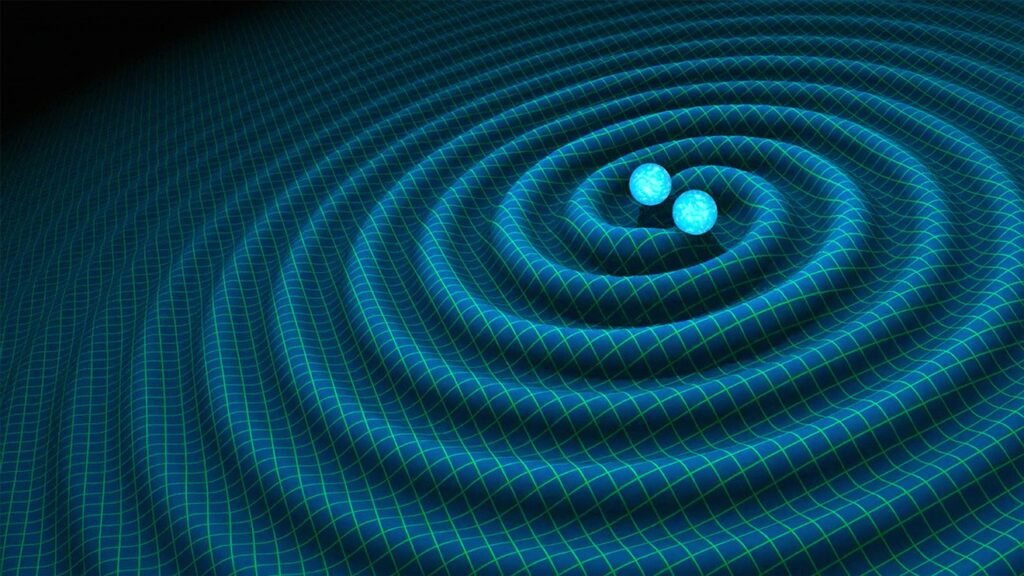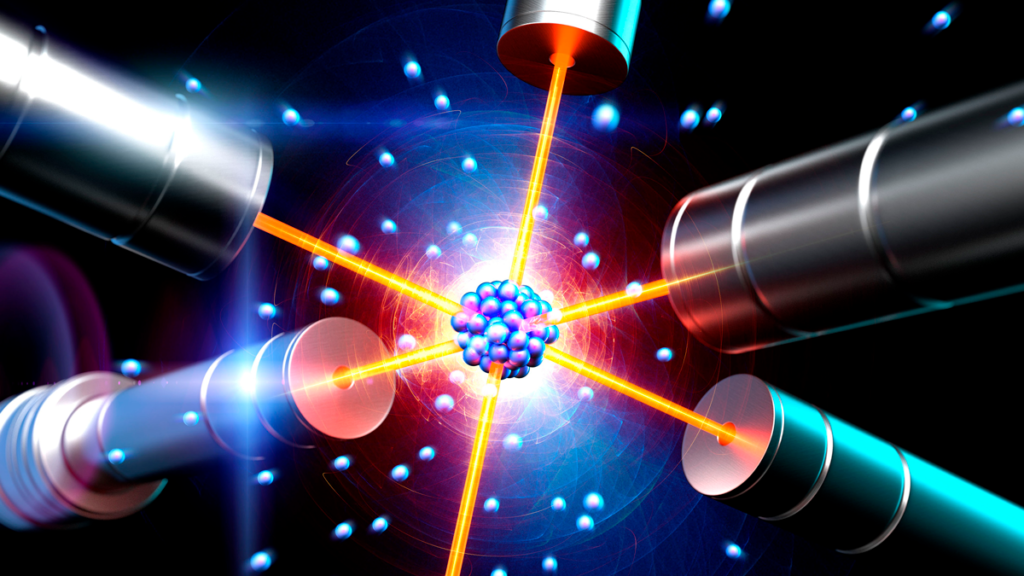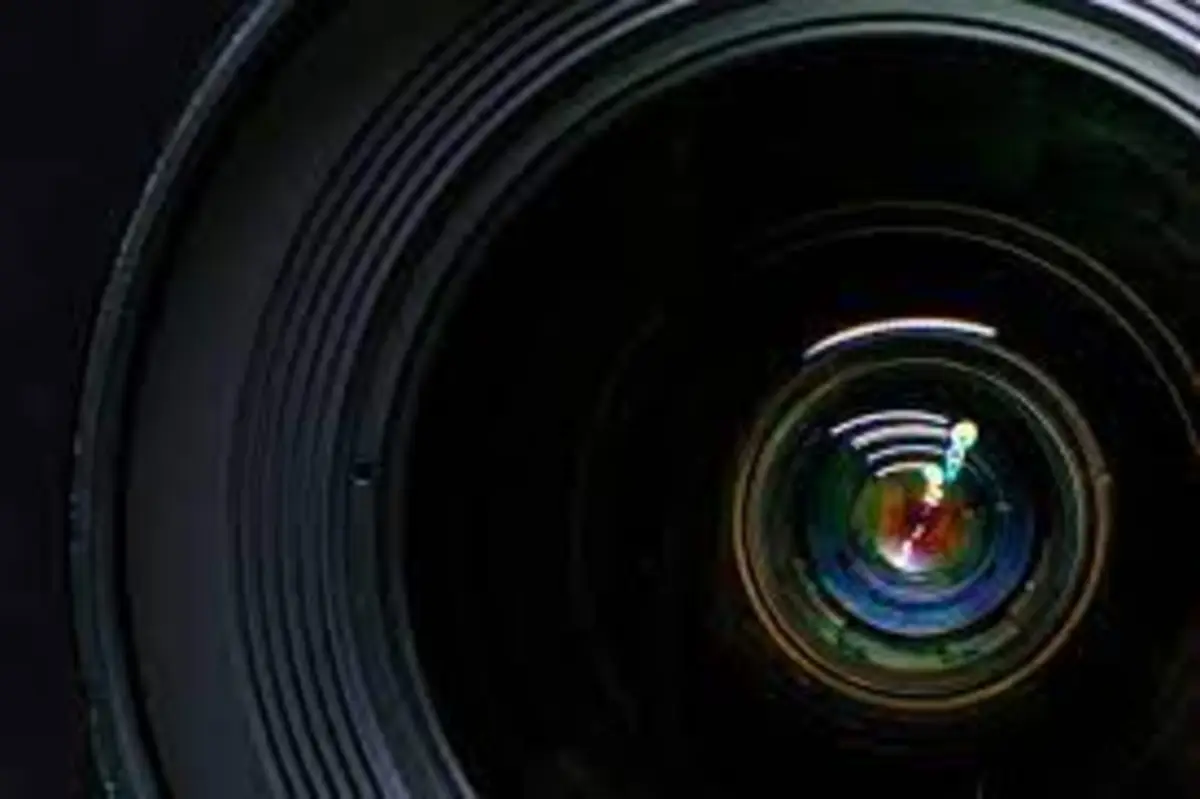If the speed of light changed, what would happen?
The speed of light is considered a universal constant, but did you ever wonder what would happen if the speed of light changed? A change in the speed of light would affect every part of our scientific knowledge and technological infrastructure.
Changing the speed of light would change the very structure of space-time itself. This change would have a direct impact on concepts of physics. It includes theories like Einstein’s theory of relativity and time dilation.

Einstein’s theory suggests the speed of light as a constant, the maximum speed at which objects can travel through the universe. If the speed of light were to change, it would challenge this fundamental assumption. It would potentially undermine the consistency of the physical theories.
If the speed of light changed, it would affect how time behaves for fast-moving objects. In Einstein’s theory, time seems to slow down, as things move faster at speeds close to the speed of light. This is called time dilation.
But if the light speed changed, it would change how much time slows down at different speeds. So, it would mess up our understanding of time for things moving fast.

However, in real life, changes in the speed of light would mess up communication devices that use electromagnetic waves. Fiber optic lines which send data almost as fast as light speed. So, it would either stop working or need redesigning.
In the same way, laser technology used in a huge range of fields from surgery to data storage would face problems. Hence, lasers depend on light speed to function as they emit intense rays of light that travel quickly and precisely to their target. A change in the speed of light would make laser rays less effective and inaccurate.

Click here to find out If Earth stops rotating for a second, what will happen?
Changing the speed of light could also have unexpected effects on navigation systems. It includes world positioning and even the GPS satellite’s work. Hence, they depend on precise timing with satellites sending signals at the speed of light for devices to calculate their position.
The timing of these signals would be off, causing errors in location and calculations with changes in light speed. This could also lead to inaccuracies in navigation systems and cause problems for industries that rely on GPS, like mapping, transportation, and logistics.
In short, a change in the speed of light would change our fundamental concepts of scientific theories and technological networks.
Read More:
- Sea creature turns into a baby when it is stressed out showing time travel
- Realme Narzo 70 Turbo 5G launch date, features, specifications & price
- European Space Agency printed 3D metal part in space for first time
- Earth’s mysterious Alaska triangle where over 20,000 people disappeared
- Philips Hue launched a new smart lighting solution for kitchen
- NASA to launch life-searching spacecraft to Jupiter’s moon Europa
Share this content:










Post Comment